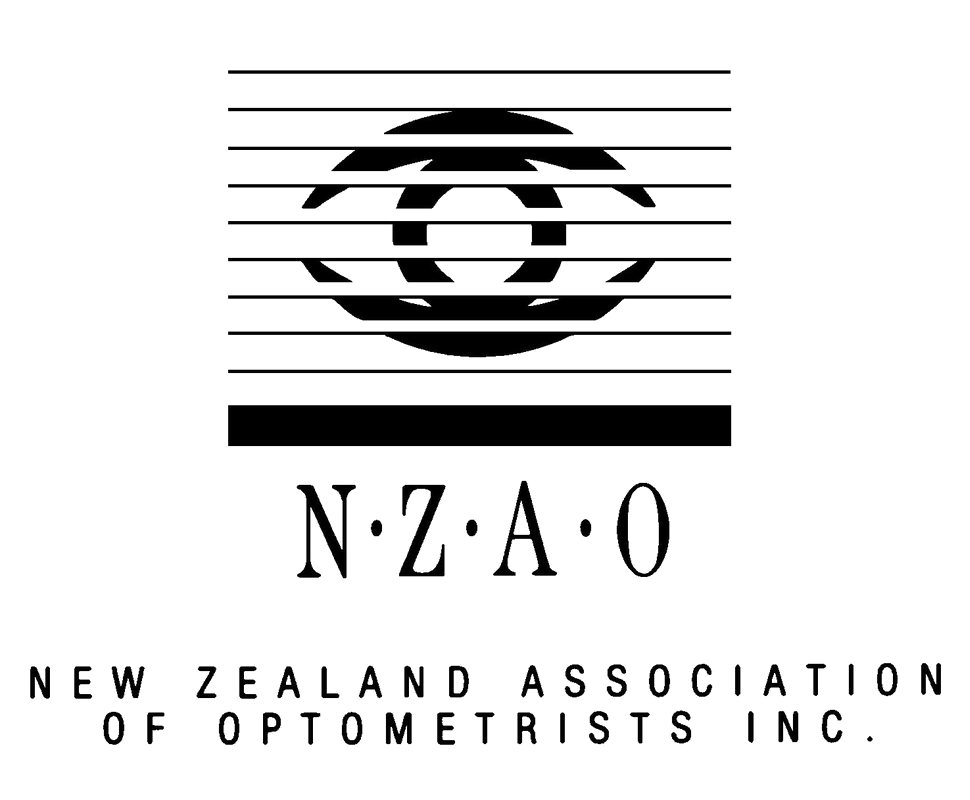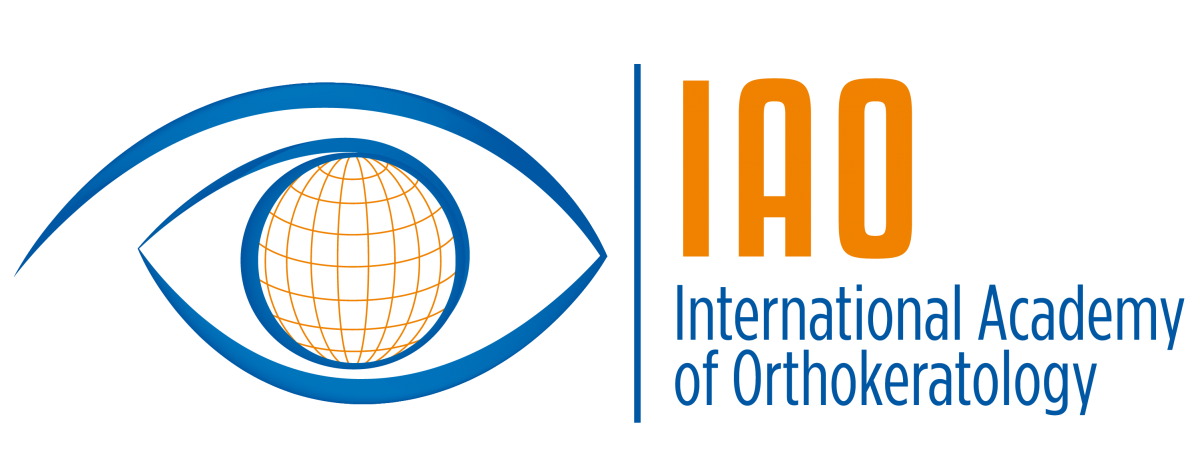It is estimated that up to 20% of kiwis suffer from some form of dry eye, a condition that can have a profound effect on quality of life. The drying effects of air-conditioning and decreased blink-rate associated with computer screen use can exacerbate this syndrome making simply keeping the eyes open intolerable for many.
The green speckled area shows a patch of dryness on the surface of an eye with MGD
The term ‘dry eye’ is used when someone's tears do not keep their eyeball wet enough throughout the day. Rather than not producing enough tears, the majority of dry eye sufferers have dry eye due to excessive evaporation of their tears. The most common cause of this evaporation is Meibomian Gland Dysfunction, or MGD. This condition occurs when the oil producing glands in the eyelids stop functioning correctly. The oils that these glands normally produce prevent the watery component of our tears from evaporating.
Unfortunately simply using lubricant eye drops does not change the underlying gland dysfunction and is only a short-term fix. There are a range of treatments that can decrease meibomian gland inflammation and improve function, including anti-inflammatory ointments, oral omega 3 supplements and anti-inflammatory medications and digital gland expression. The most exciting treatment to be recently available in Tauranga for MGD is intense pulsed light (IPL) therapy which offers lasting improvement of meibomian gland function and a reduction on dry eye symptoms. It is best to have the cause and severity of your dry eye syndrome professionally evaluated by a dry eye specialist so that they can determine the optimal treatment plan for your condition.










